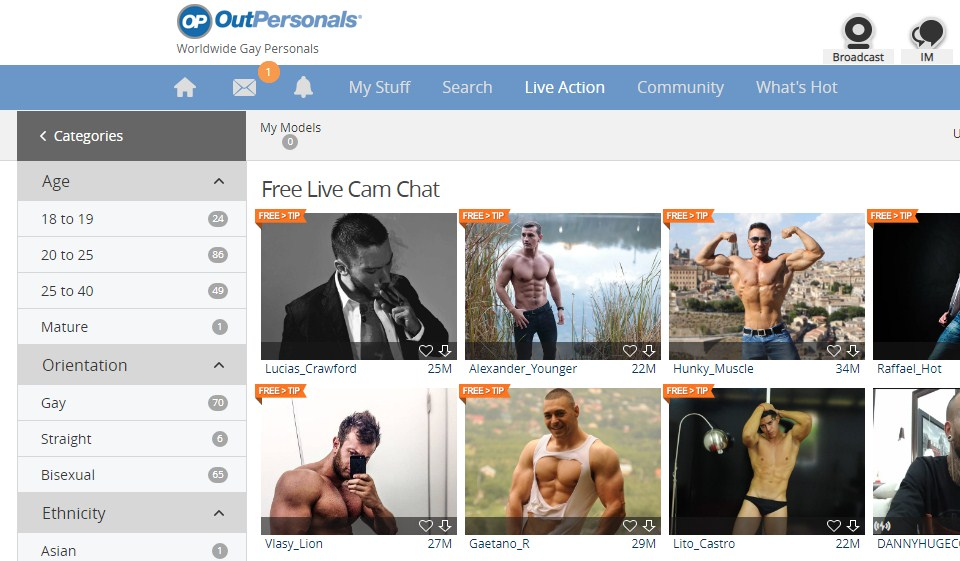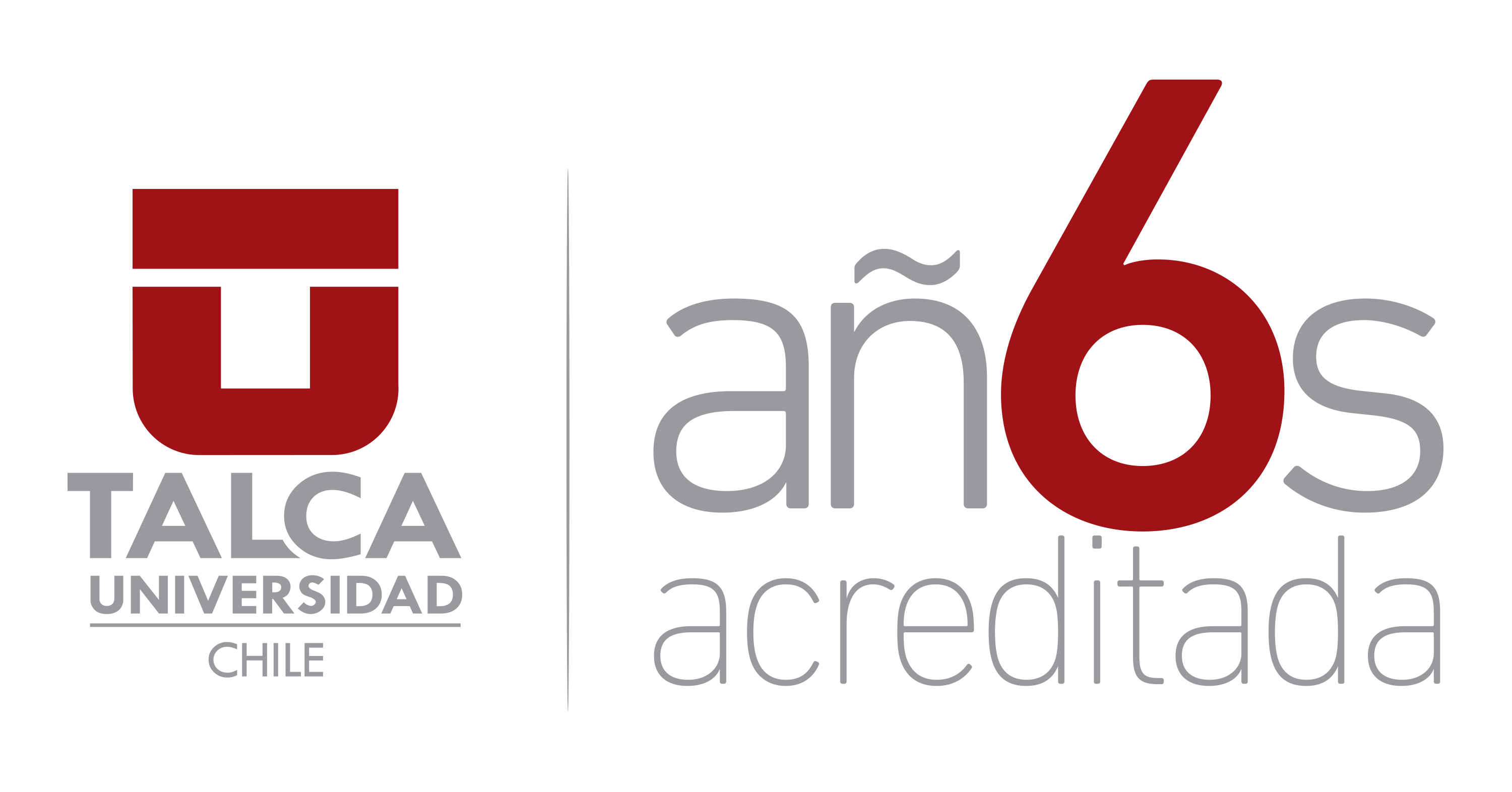Sex on Campus
Identity-
Totally Free
Identity
Politics
A report from
the agender,
aromantic, asexual
forward range.
Pictures by
Elliott Brown, Jr.
NYU course of 2016
“At this time, I claim that I am agender.
I’m removing my self from personal construct of gender,” states Mars Marson, a 21-year-old NYU film significant with a thatch of brief black locks.
Marson is actually talking-to me personally amid a roomful of Queer Union students from the class’s LGBTQ college student heart, where a front-desk bin offers cost-free buttons that permit website visitors proclaim their own recom4m hookupsended pronoun. Associated with the seven pupils gathered within Queer Union, five prefer the singular
they,
supposed to signify the kind of post-gender self-identification Marson defines.
Marson came into this world a girl biologically and arrived as a lesbian in senior school. But NYU had been the truth â someplace to understand more about transgenderism and then deny it. “I don’t feel connected to the word
transgender
as it feels more resonant with binary trans people,” Marson states, making reference to individuals who need tread a linear course from feminine to male, or the other way around. You can claim that Marson therefore the other college students within Queer Union identify alternatively with getting someplace in the center of the way, but that’s not exactly proper sometimes. “i do believe âin the center’ still puts female and male once the be-all-end-all,” claims Thomas Rabuano, 19, a sophomore drama major which wears makeup products, a turbanlike headband, and a flowy top and skirt and cites Lady Gaga plus the gay personality Kurt on
Glee
as huge teenage part designs. “i enjoy think about it outdoors.” Everyone in the team
mm-hmmm
s approval and snaps their particular hands in accord. Amina Sayeed, 19, a sophomore from Des Moines, believes. “old-fashioned ladies’ clothing are elegant and colourful and accentuated the truth that I experienced tits. I hated that,” Sayeed states. “Now we claim that i am an agender demi-girl with link with the feminine digital gender.”
On the much edge of campus identity politics
â the locations as soon as occupied by lgbt students and soon after by transgender types â at this point you find pouches of students such as, young people for who tries to classify identity experience anachronistic, oppressive, or maybe just sorely unimportant. For more mature years of gay and queer communities, the endeavor (and pleasure) of identification research on campus can look significantly common. However the distinctions today tend to be striking. The present task isn’t just about questioning an individual’s own identification; it’s about questioning ab muscles character of identity. You might not be a boy, however may not be a female, either, as well as how comfy are you currently making use of the idea of becoming neither? You might sleep with males, or ladies, or transmen, or transwomen, and you also should be emotionally involved in all of them, also â but not in the same mix, since why must the passionate and intimate orientations fundamentally have to be exactly the same thing? Or the reason why remember positioning after all? Your appetites could be panromantic but asexual; you will identify as a cisgender (perhaps not transgender) aromantic. The linguistic options are almost limitless: an abundance of vocabulary meant to articulate the role of imprecision in identity. And it is a worldview that is greatly about terms and thoughts: For a movement of teenagers pushing the borders of desire, it could feel amazingly unlibidinous.

A Glossary
The Tricky Linguistics regarding the Campus Queer Movement
A few things about intercourse have not changed, and not will. But also for people just who decided to go to school years ago â and sometimes even just a couple of years back â a few of the newest sexual terminology can be not familiar. Under, a cheat sheet.
Agender:
an individual who determines as neither male nor female
Asexual:
an individual who does not encounter sexual desire, but just who can experience intimate longing
Aromantic:
somebody who does not discover romantic longing, but does experience libido
Cisgender:
maybe not transgender; the state wherein the sex you determine with matches the one you had been assigned at delivery
Demisexual:
you with restricted libido, normally thought only in the context of strong emotional link
Gender:
a 20th-century constraint
Genderqueer:
someone with an identity beyond your conventional gender binaries
Graysexual:
a very wide phase for a person with restricted sexual desire
Intersectionality:
the belief that gender, battle, class, and sexual positioning shouldn’t be interrogated separately from just one another
Panromantic:
an individual who is romantically thinking about any individual of every gender or positioning; it doesn’t always connote associated sexual interest
Pansexual:
an individual who is sexually interested in anybody of every gender or direction
Reporting by
Allison P. Davis
and
Jessica Roy
Robyn Ochs, a former Harvard manager who was during the school for 26 decades (and whom began the college’s party for LGBTQ professors and staff), views one significant reasons why these linguistically complicated identities have actually all of a sudden become very popular: “I ask younger queer folks how they discovered labels they describe on their own with,” says Ochs, “and Tumblr is the No. 1 answer.” The social-media system features produced a million microcommunities globally, such as Queer Muslims, Queers With Disabilities, and Trans Jewry. Jack Halberstam, a 53-year-old self-identified “trans butch” teacher of sex researches at USC, particularly alludes to Judith Butler’s 1990 guide,
Gender Trouble,
the gender-theory bible for university queers. Estimates as a result, just like the a lot reblogged “There isn’t any gender identification behind the expressions of sex; that identification is performatively constituted of the really âexpressions’ which are considered to be the effects,” are becoming Tumblr bait â even the world’s least most likely viral material.
However, many associated with the queer NYU students I talked to did not become undoubtedly familiar with the vocabulary they today use to describe themselves until they arrived at school. Campuses are staffed by managers who came of age in the first revolution of political correctness as well as the level of semiotics-deconstruction mania. In college today, intersectionality (the idea that battle, class, and sex identification all are linked) is main to their way of comprehending almost everything. But rejecting classes altogether is sexy, transgressive, a helpful method to win a disagreement or feel distinctive.
Or perhaps that is too cynical. Despite how serious this lexical contortion might seem to a few, the scholars’ wants to determine by themselves beyond gender decided an outgrowth of serious discomfort and strong scars from getting elevated inside the to-them-unbearable part of “boy” or “girl.” Developing an identity which identified in what you
are not
doesn’t seem particularly effortless. We ask the scholars if their brand new social permit to determine by themselves beyond sexuality and sex, when the absolute multitude of self-identifying possibilities they’ve â particularly Facebook’s much-hyped 58 sex selections, anything from “trans person” to “genderqueer” with the vaguely French-sounding “neutrois” (which, in accordance with neutrois.com, is not identified, since the very point of being neutrois is that the gender is actually specific for your requirements) â often actually leaves them experience like they are floating around in space.
“I believe like I’m in a candy store and there’s every one of these different alternatives,” claims Darya Goharian, 22, a senior from an Iranian family members in a wealthy D.C. area just who recognizes as trans nonbinary. However also the phrase
possibilities
can be as well close-minded for many in the group. “I take concern thereupon word,” claims Marson. “it generates it seem like you’re deciding to end up being anything, when it is not a selection but an inherent part of you as an individual.”
Amina Sayeed recognizes as an aromantic, agender demi-girl with link with the feminine digital gender.
Pic:
Elliott Brown, Jr., NYU class of 2016

Levi straight back, 20, is actually a premed who had been virtually kicked from general public high school in Oklahoma after developing as a lesbian. However, “I identify as panromantic, asexual, agender â incase you wanna shorten it all, we can merely get as queer,” straight back states. “Really don’t enjoy intimate attraction to anybody, but I’m in a relationship with another asexual person. We don’t have intercourse, but we cuddle constantly, hug, write out, hold arms. Whatever you’d see in a PG rom-com.” Right back had formerly outdated and slept with a lady, but, “as time continued, I became much less enthusiastic about it, plus it became more like a chore. I am talking about, it believed great, it decided not to feel like I became building a good hookup throughout that.”
Now, with again’s current gf, “a lot of the thing that makes this commitment is actually the emotional connection. As well as how open we are together.”
Straight back has begun an asexual party at NYU; anywhere between ten and 15 folks generally show up to group meetings. Sayeed â the agender demi-girl â is among all of them, as well, but determines as aromantic in place of asexual. “I’d got gender by the time I happened to be 16 or 17. Ladies before males, but both,” Sayeed says. Sayeed still has gender from time to time. “But I really don’t enjoy any type of romantic attraction. I got never ever known the technical term because of it or any. I’m nevertheless capable feel really love: i really like my buddies, and that I love my loved ones.” But of dropping
in
love, Sayeed claims, without having any wistfulness or doubt that the might change afterwards in life, “i suppose i simply don’t understand why I actually would at this stage.”
A great deal in the personal politics of history involved insisting throughout the directly to sleep with anybody; today, the libido seems this type of the minimum element of this politics, including the ability to say you have virtually no need to rest with anyone anyway. Which may seem to work counter to your much more traditional hookup society. But alternatively, probably this is basically the next reasonable action. If hooking up has thoroughly decoupled gender from love and emotions, this activity is clarifying that you could have love without gender.
Although the rejection of gender isn’t by option, fundamentally. Maximum Taylor, a 22-year-old transman junior at NYU whom in addition identifies as polyamorous, states that it is already been more difficult for him currently since he began using hormones. “i can not go to a bar and grab a straight woman and possess a one-night stand effortlessly any longer. It can become this thing where easily desire a one-night stand i need to describe i am trans. My personal pool men and women to flirt with is my personal society, in which most people learn both,” says Taylor. “generally trans or genderqueer folks of tone in Brooklyn. It is like i am never going to meet some body at a grocery shop again.”
The complex vocabulary, too, can work as a coating of protection. “you can acquire really comfortable here at the LGBT middle to get regularly folks asking the pronouns and everybody knowing you are queer,” says Xena Becker, 20, a sophomore from Evanston, Illinois, which determines as a bisexual queer ciswoman. “but it is still truly lonely, tough, and perplexing most of the time. Simply because there are other terms doesn’t mean that the feelings are simpler.”
Added reporting by Alexa Tsoulis-Reay.
*This article looks within the October 19, 2015 issue of
New York
Mag.
